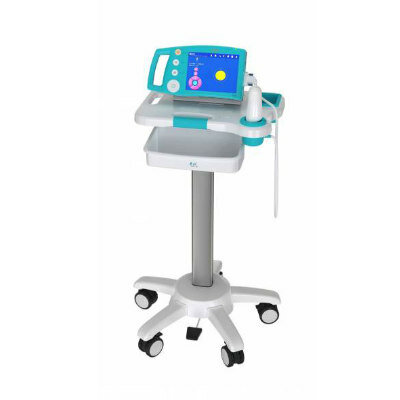Researchers Find Childhood Issues Can Lead to Cognitive Deficits
By MedImaging International staff writers
Posted on 28 Mar 2017
Researchers have demonstrated the importance of treating children that have suffered serious head injuries and delayed visual perception, as early as possible to prevent lifelong cognitive deficits.Posted on 28 Mar 2017
According to the researchers, their finding could lead to targeted treatments for some of these children, preventing lifelong disabilities and structural changes in their brains.

Image: An MRI scan of a child’s brain (Photo courtesy of Du Cane Medical Imaging).
The researchers from the Keck School of Medicine, University of California studied diffusion-weighted Magnetic Resonance Imaging (MRI) brain scans of 21 children, aged 8 to 18 years, who had fallen from skateboards, bikes, or scooters, or had been in a car accident. The researchers also had a control group of 21 healthy children without brain injuries.
The results of the preliminary study were published in the March 15, 2017, issue of the journal Neurology, and indicated that if information transfer between the children's brain hemispheres took more than 18 milliseconds, the children's chance of recovery from traumatic brain injury, compared to similarly-injured counterparts, was lower.
Emily Dennis, lead author of the study, said, "We found that children who had delayed information transfer times between the two brain hemispheres had widespread regions of white matter disorganization and progressive loss of white matter volume. In children, this disruption to myelin -- the insulation that facilitates information transfer – is compounded because the brain is still maturing. Myelination typically continues beyond age 30."














